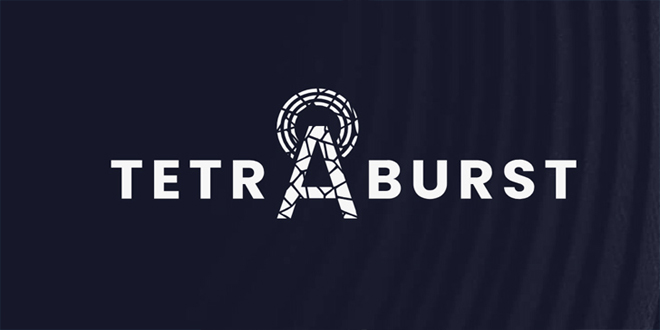OpenAI’s API is now providing access to GPT-4, their latest text-generation model. It is available to the public, allowing users to experience its benefits. As part of its upgrade, the company also made GPT 3.5, DALL-E, and Whisper available.
“Whisper” is the designation for OpenAI’s speech-to-text model, whereas “DALL-E 2” is their image-generating model. Additionally, OpenAI has said that starting in early 2024, it would stop using older models in the Completions API.
“A milestone has been reached as the company announces that all API developers who have a proven track record of successful payments will now have access to the powerful GPT-4 API with an impressive 8K context.”
Our objective is to grant new developers access by the end of this month. After that, we will gradually increase the rate limits according to the availability of computing resources. In addition, we aim to securely introduce fine-tuning for GPT-4 and GPT-3.5 Turbo, making this feature accessible later this year.
New Improvements in GPT-4
OpenAI’s text generation technology has made significant advancements with the introduction of GPT-4. GPT-4 can handle both text and picture inputs, unlike its predecessor GPT-3.5 that could only handle text inputs. It can also create text, including code. Developers now have more options to create chat-based models for various application scenarios.
ALSO READ:
GPT-4 shows a high level of competency similar to humans in various professional and academic areas, which reflects OpenAI’s commitment to excellence. GPT-4, like every other generative AI model, is not 100% accurate. It would occasionally “hallucinate” facts or commit logical mistakes, but it would always be sure of itself. GPT-4 cannot learn from its mistakes, so solving complex problems like adding security flaws to its generated code is difficult.
Not all OpenAI clients currently have access to the image-understanding feature. Be My Eyes is the only partner OpenAI is testing it with at this time. However, it hasn’t said when it will make it available to a larger consumer base.
The Chat Completions API allows developers to create conversational experiences and complete various tasks with its structured interface and multi-turn conversation capabilities.
Since user-provided content and instructions may be architecturally separated, it also reduces the possibility of prompt injection attacks.
Discarding Outdated Models
Starting from January 4, 2024, the older OpenAI models like GPT-3 will not be supported anymore. They will be replaced by new models called “base GPT-3” which are expected to be more efficient in terms of computation.
Developers using old models must upgrade their integrations by January 4. After that date, developers using improved old models must fine-tune replacements on new basic GPT-3 models.
“We will be providing support to users who previously fine-tuned models to make this transition as smooth as possible,” OpenAI wrote.
 InfoSecBulletin Cybersecurity for mankind
InfoSecBulletin Cybersecurity for mankind














